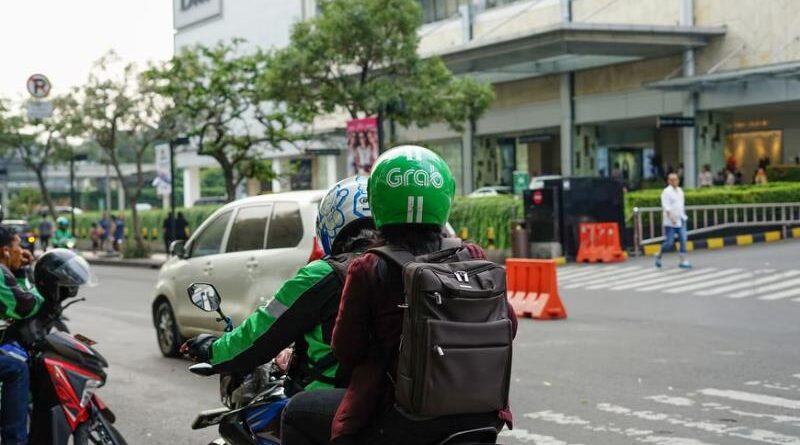Future-Proof Work? The Experiences of Gig Economy Workers in the Philippines
By Christopher Ed Caboverde & John Paul Flaminiano
The COVID-19 pandemic caused massive disruptions in the job market. This also puts the “gig economy” in the spotlight since many workers are seeing it as a viable career option, and are considering leaving their 9-to-5 jobs to pursue a career there. Even before the pandemic, the gig economy forms a significant portion of the workforce in different countries. This paper aims to understand the journey and experiences of location-dependent and purely online gig economy workers in the Philippines. Our study finds that the gig work respondents enjoy gig work as it allows them to manage their own time. Nevertheless, gig workers also call for more government support and regulation to protect their welfare. The gig economy’s improvement may contribute to developing countries economic development and can even be considered a saving grace for the informal economy. This is where government and platforms should step in to protect the welfare of these workers. This paper aims to spur policy recommendations for reforms in the Philippines’ labor laws for the Philippine labor market to catch up with the needs of the 21st century.
Source @Papers SSRN
358 views










